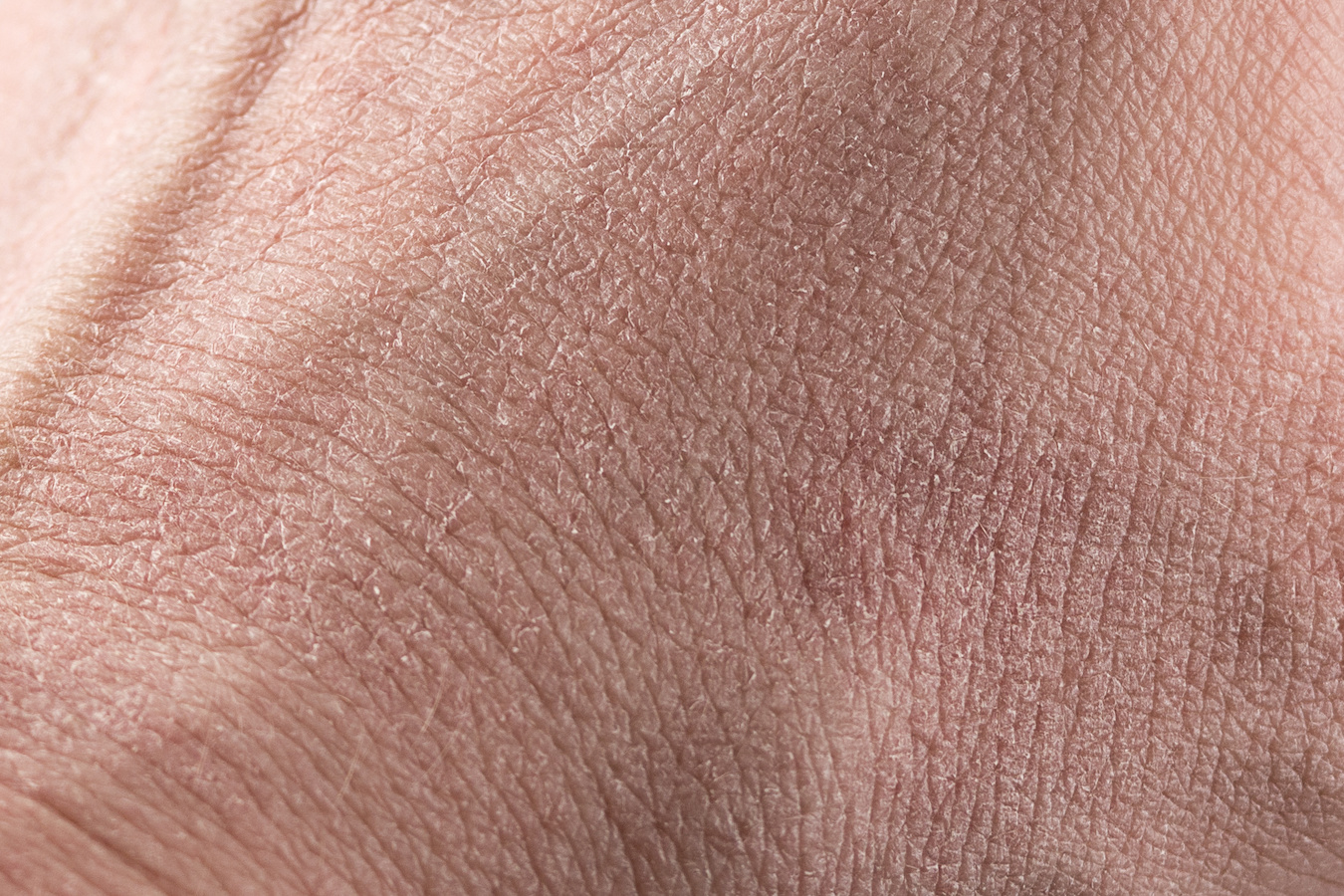
GUT MICROBIOME
BY BENJAMIN MAKEHAM May 9, 2023
Hydrated skin is healthy skin. Our skin has a built-in natural moisturising process with specific proteins and lipids filling the gaps in between skin cells and helping to keep water locked in - this is known as the skin barrier. When our natural skin barrier keeps itself moisturised, skin cells are healthier, the immune cells in our skin are less reactive, and we have less inflammation.
Many people with eczema are triggered by allergens that come in contact with their skin, and it is the immune system’s reaction which causes the characteristic inflammation, redness and dryness. Therefore, keeping the immune cells in the skin under control through adequate hydration is one crucial aspect for managing eczema and preventing flares.

Winter is a time where there is less humidity in the air, and this pulls extra water from the skin more than during the warmer months. Many clinicians also observe that people report drinking less water during the winter because it is cold. The combination of factors such as this often leads to excessively dry skin. Dehydrated skin cells soon exhibit signs of damage, and as a result the immune system launches an inflammatory response and becomes more reactive, predisposing these individuals to eczema flares.
People with atopic dermatitis, the form of eczema triggered by specific allergens, are also more likely to have in-built faults within their skin barrier. They can often exhibit lower levels of certain proteins which help to keep moisture locked in. Therefore, this inbuilt predisposition coupled with cold dry air can lead to significant flares during winter.
Many patients will have been told by their healthcare practitioners that applying significant amounts of moisturiser after bathing is an important tool for managing eczema. This is because external moisturising helps to support the skin’s own natural moisturising factors and helps to lock water into the skin. This is especially important for people who may already have a weakened skin barrier, such as those with atopic dermatitis.
The underlying immune system imbalance in people with atopic dermatitis contributes to their susceptibility to this condition by directly increasing the number of immune cells which are involved in allergic reactions (known as Th2 immune cells). Interestingly, the presence of these immune cells and the inflammation they cause can also reduce the production of moisturising proteins in the skin.
Therefore, employing natural tools which can rebalance the immune system can reduce immune reactivity directly and also indirectly by helping to promote the production of natural moisturising proteins.
Due to their ability to interact with the immune system in the gut, specific strains of probiotic bacteria have been found to improve immune system function and reduce the immune responses that create eczema in the skin.
One strain which has been the subject of much research in eczema is Lactobacillus salivarius LS01. A randomised, placebo-controlled trial in 2012 found that Lactobacillus salivarius LS01 helped to reduce the symptoms of mild eczema in 38 patients after 4 months of treatment when compared to placebo by rebalancing the immune system response. Those taking the probiotic strains had a 52% reduction in symptom severity, and their quality of life was found to improve by 55%. Another study in 2014 found that this same probiotic significantly improved symptoms of mild eczema, including itch, after 4 weeks in a group of 43 children.
Biome Eczema™, the precision probiotic from Activated Probiotics that contains this specific probiotic strain, may therefore be a useful tool to help improve the management of eczema flares this winter alongside prescribed medications and moisturising routines.
